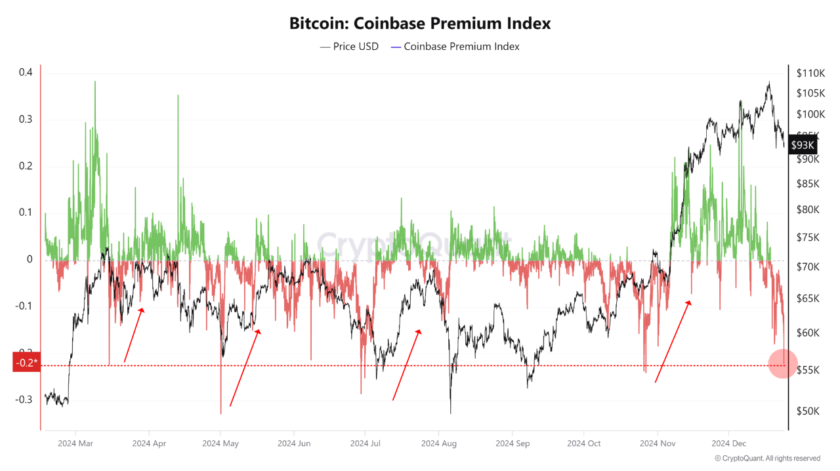40% Of Chinese Surveyed Want To Invest In Bitcoin
According to a survey conducted by PANews, routed through Chinese crypto-friendly media outlet 8BTC, 98.22% of those surveyed had heard of cryptocurrency technology, whether it be Bitcoin (BTC), Ethereum (ETH), or otherwise. The survey had 4,980 respondents, 4,200 of which responded in a valid/bonafide manner.
Survey: Nearly 40% of #Chinese Would Like to Invest in #Bitcoin Despite Prolonged Bear | https://t.co/z0jfNUUekk https://t.co/ueoNl57mYn
— 8BTCnews (@btcinchina) December 29, 2018
While essentially all respondents have heard the good word of crypto, so to speak, only 14.6% of those surveyed have purportedly made a capital allocation into the crypto market. Yet, 40% have claimed that they are willing to invest in cryptocurrencies sometime in the future. This discrepancy can likely be chalked up to the lack of infrastructure in China, as fiat on-ramps are restricted, if not banned, and accessing crypto-related media, news, and resources aren’t possible without a Virtual Private Network or other mediums to bypass the Great Firewall.
And with the rise of China’s social credit system, which punishes those for breaking laws, however civil or criminal, it makes sense why a majority of Chinese consumers are likely hesitant to foray into Bitcoin or other prominent cryptocurrencies. A reason why adoption has been limited can also be chalked up to the 63% of respondents who claimed that cryptocurrencies aren’t a viable medium of value.
Interestingly, those who bought cryptocurrencies were majorly in the 19-28 age range, with many investing anywhere between 10,000 to 100,000 yuan. This can be chalked up to crypto’s ability to connect with millennials, as Baby Boomers and generations in that vein often fail to comprehend the value of blockchain technology and digital assets. And a good percentage of these entrants first threw money at cryptocurrencies during the 2017 bull run, which mostly preceded the Chinese government’s newfound hate for this budding industry.
Some Skeptical Of Crypto Survey’s Data
While these statistics paint the Chinese crypto scene in a positive light, some have claimed that the survey may be skewed. First, the demographics of the respondents, specifically location-wise, weren’t divulged. This has led many to believe that PANews surveyed middle-class or upper-class citizens that live in sprawling metropolises (Shanghai, Shenzhen, Beijing, etc.), rather than those who live in the countryside. Other skeptics drew attention to the discrepancy between those who want to invest, and those who have invested.
And there are more reasons to doubt the data than just the aforementioned.
As covered extensively by Ethereum World News in recent months, the Chinese government has recently become heavy-handed against the cryptosphere, doubling-down on its aversion to this technology. Case in point, Beijing has banned crypto-centric news outlets on WeChat as hinted at earlier, while Alipay has purged covert Bitcoin over-the-counter operations. Other regulatory measures include curbing access to foreign crypto exchanges and silencing discussion regarding cryptocurrencies online.
Yet, some have claimed that the bans are overstated.
Charles, a crypto trader based in Hong Kong, noted that while the government’s move to ban crypto-related social media channels and physical events may sound harsh, especially considering free speech rights, in reality, China remains one of the world’s most liquid OTC-based cryptocurrency markets. And interestingly, the savant noted that this hasn’t been even going on under the government’s nose, in fact, Charles added that local regulators haven’t sought to crack down on ‘off the beaten path’ platforms.
Shanghai Title Image Courtesy of Li Yang on Unsplash




